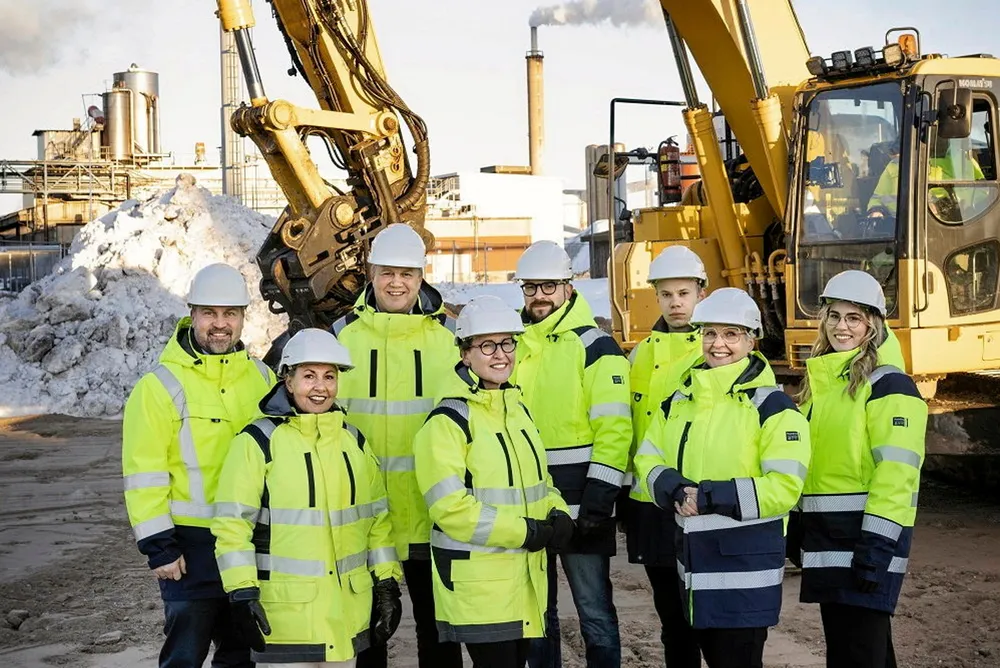Construction begins at Europe’s largest turquoise hydrogen facility
Hycamite plans to produce 2,000 tonnes of H2 from methane pyrolysis at a demo project in Finland

Hycamite plans to produce 2,000 tonnes of H2 from methane pyrolysis at a demo project in Finland
